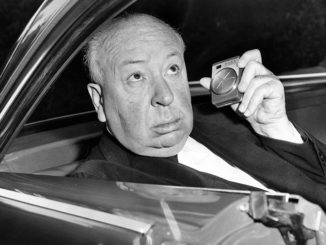
Alfred Hitchcock’s Secret Censorship Battles and How They Changed Film History
The director fought censors on both sides of the Atlantic from the start of his career to the very last. […]

The director fought censors on both sides of the Atlantic from the start of his career to the very last. […]
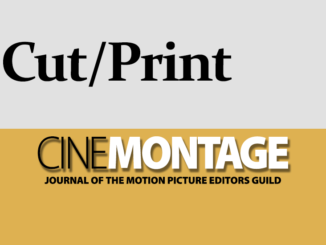
The back cover of Writing for the Cut: Shaping Your Script for Cinema asks the potential reader, “Will you make the cut?” The copy goes on to declare — in a line sure to appeal to anyone working in post-production — “Editing Is What Makes a Movie.” This is not a new idea, but Greg Loftin is the first to write a guide that clearly outlines how a screenwriter, as he sits at the computer, can and should consider what the editor will find when she sits at hers. […]

George Larkin offers a startling premise in the book Post-Production and the Invisible Revolution of Filmmaking: From the Silent Era to Synchronized Sound, one that may delight some readers while offending others. He states the fact that post-production work is critical to all filmmaking but takes that fact further, stressing that post is the major driver of film creation, eclipsing all else. […]
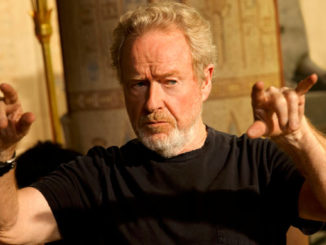
Sir Ridley Scott’s extraordinary career in television and motion pictures is long overdue for a thorough historical and critical examination. Today, with books on almost every imaginable cinematic subject popping up regularly, the lack of definitive writing on Scott seems an odd omission. […]
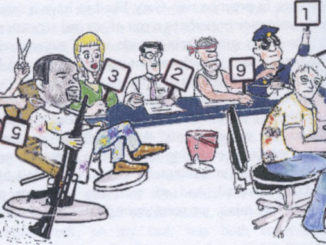
With Movers and Shakers: The Monster Makers, long-time editor Tariq Anwar somehow manages to take time away from the bench to write an amusing book about his 30-year career in the film and television industries. The tone is sardonic, the writing straightforward, the many line drawings humorous. […]

Virtually every working editor understands that the job is defined as labor as well as creation, craft and, sometimes, art. The Motion Picture Editors Guild ensures that this labor is recognized with credits, respected within the industry and compensated fairly, and ensures that members are not abused by employers nor left destitute in old age. […]

This compact and clearly written volume considers virtually every type of archival source likely to be used in media production, and offers practical approaches to finding, selecting and licensing it. […]
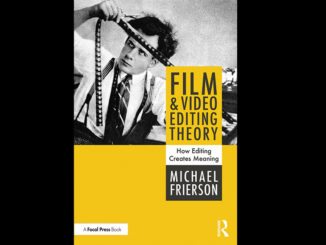
Post-production professionals are regularly asked why they select specific picture cuts or sound transitions. Those with successful careers know how to discuss, and sometimes defend, their choices in language that producers and directors understand quickly. […]
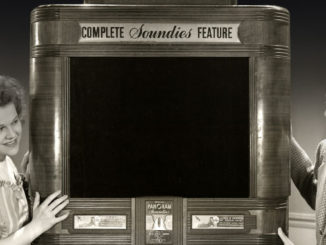
During its heyday from 1940 to 1946, hundreds of Soundie reels, each holding eight films, were circulated to roughly 3,500 Panorams located throughout the United States. […]
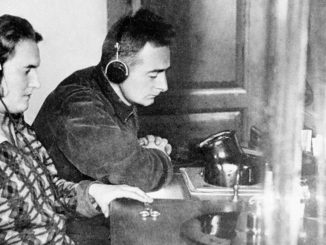
Few Americans, even those who work with motion picture sound, have heard of the Tagefon and Shorinofon systems, but readers interested in the intricacies of how sound first meshed with cinema can learn about these machines and the artists who used them. […]
©2016-2025 Motion Picture Editors Guild